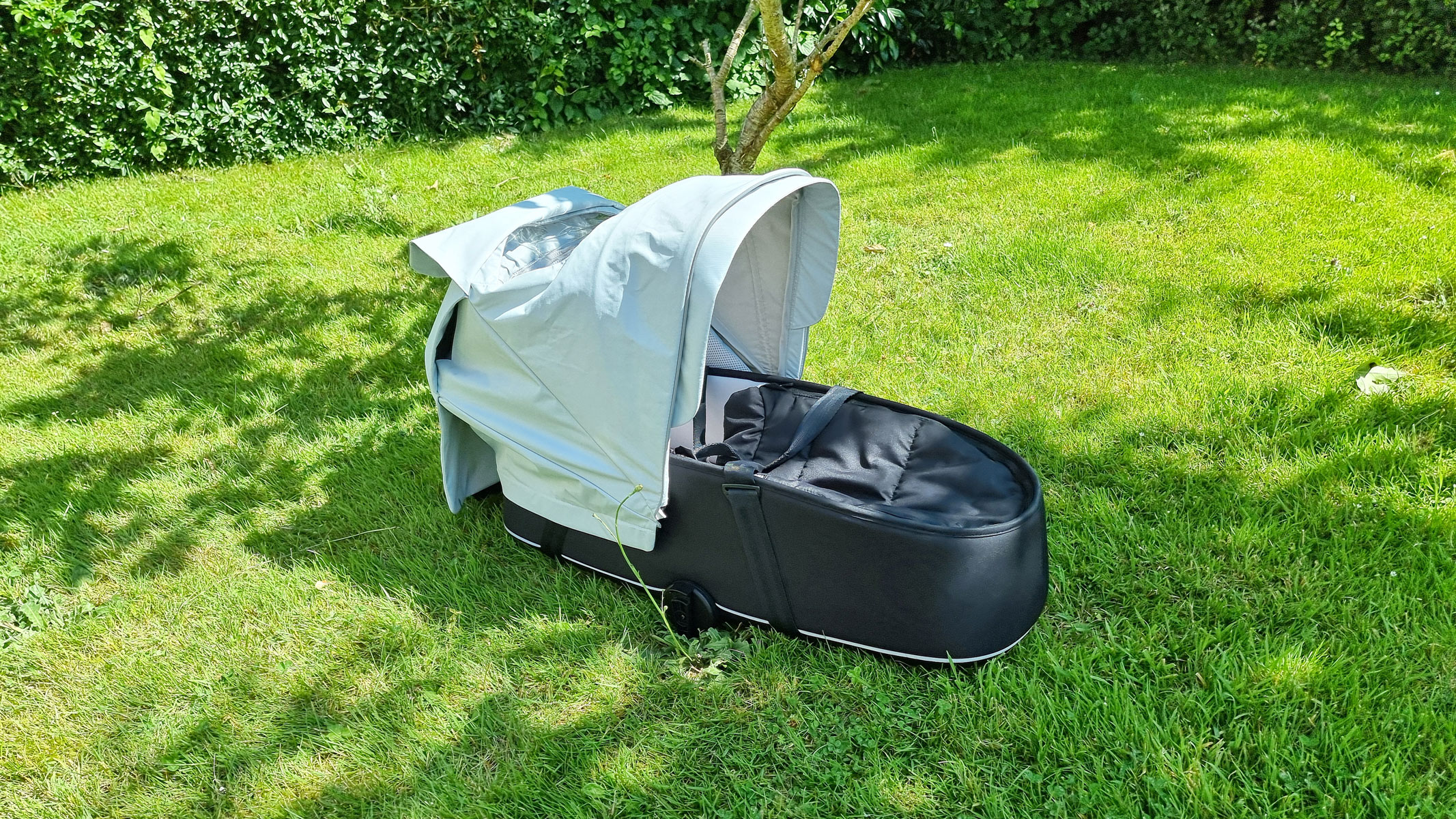An interview with Lilly Adams and Dr. Kim Visintine from Coldwater Creek: Just The Facts Please. We also present quotes shared from impacted community members.
As audiences learn about the science and scientists behind the first atomic bomb in the blockbuster movie Oppenheimer, Congress is considering legislation that would for the first time extend healthcare and financial support to the victims of the Trinity Test in New Mexico, as well as communities hurt by subsequent nuclear tests, uranium mining, nuclear weapons production, and disposal of nuclear materials.
“The Navajo People have made immense sacrifices to advance the United States’ national defense and uranium industry. It is crucial that these sacrifices are acknowledged, and those affected are adequately compensated.”
Justin Ahasteen, Executive Director of the Navajo Nation Washington OfficeIn a vote this past Thursday, July 27th, 2023, the United States Senate passed an amendment to the National Defense Authorization Act (an annual military budget bill), to expand and extend the Radiation Exposure Compensation Act (RECA) to some downwinders for the first time. These new communities include those affected by nuclear weapons waste in Missouri.
“I cried tears of relief for a moment. I also recognize we’re not there yet. There is still a long road ahead.”
Christen Commuso, Missouri Coalition for the EnvironmentThe RECA program was enacted in 1990 to provide one-time compensation for a small group of downwinders and miners, however, it has excluded many potentially eligible people for decades. It is also set to expire in 2024.
Senators Hawley (R-Missouri), Luján (D-New Mexico),and Crapo’s (R-Idaho) amendment would extend RECA coverage for another 19 years and expand the program to cover many people who were not previously covered by the program. This includes New Mexicans residing near Oppenheimer’s Trinity test, almost 78 years after they were exposed.
Growing up within 150 miles of the Nuclear Test Site, I witnessed the decimation of a generation of local residents in Northwest Arizona. It’s time that this tragic legacy is recognized and addressed. It’s a matter of justice, for those that we lost.
“Growing up within 150 miles of the Nuclear Test Site, I witnessed the decimation of a generation of local residents in Northwest Arizona. It’s time that this tragic legacy is recognized and addressed. It’s a matter of justice, for those that we lost”.
Matt Capalby, A Leader of Downwinders of Mohave County in ArizonaAs written in the bill, coverage would also expand to new regions of the United States, such as Guam, Colorado, Idaho, Missouri, and Montana. Prior to this only people in parts of Arizona, Nevada, and Utah could qualify for RECA. This new RECA expansion would also compensate additional former uranium industry workers, many of whom were members of the Navajo Nation.
“The Navajo Nation has borne the brunt of America’s nuclear program, the cost of which can be measured in human lives, environmental devastation, and communities that are still suffering. We will not stand by and allow this legacy to be forgotten or dismissed. We will fight for justice, for recognition, and for the support our people so rightfully deserve.”
President Buu Nygren of the Navajo NationWhile those working hardest on strengthening RECA celebrated last week, they all acknowledge, the fight for justice is not over for the many people harmed by nuclear weapons at the hands of the United States.
“The proposed amendments to RECA represent a significant step towards justice for Navajo uranium workers and their families. We urge Congress to prioritize the passage of these amendments and acknowledge the enduring impact of uranium mining on our people.”
Speaker Curley of the Navajo Nation CouncilCF: How did this vote come about?
LA: This is incredible progress. I am in awe of everyone who made this possible, especially the frontline community members, who have fought so hard and for so long for us to get to this point.
Senators Luján and Crapo worked with Sen. Hawley to combine this amendment with their full bill to expand RECA to additional downwind and uranium mining communities, making one amendment to the NDAA, S.Amdt.1058 to S.2226. Last week, the full Senate voted on this amendment, and it passed with a vote of 61 to 37. In fact, 12 Republicans voted Yes, and only one Democrat voted No.
CF: As someone intimately engaged in work to push for RECA expansion, what was it like hearing the new extension passed the senate?
KV: We knew Rep. Hawley was working on creating legislation, but we didn’t know this was going to happen so fast. It was a shock they included us [exposed communities in Missouri].
I can’t even describe the feeling. We’ve been doing this for 12 years and you put your nose to the grindstone and keep trudging forward always toward the end goal. We are not there yet since the legislation has just been introduced, but it’s kind of a surreal moment—obviously happy—and at the same time still stunned like I can’t believe it’s actually happening—elated and surprised.
I was at work when we got notice that Senator Hawley was going to really be putting the amendment out there for a vote, which according to Rep. Tricia Byrnes (R) was a good sign. Watching the roll call was very exciting almost like watching the big Super Bowl game. We had been told RECA was such a long shot for our group so we always had in the back of our minds that our communities may have to push for a separate legislation.
We already have a lot of people out there that don’t know what this means, and it’s a process, so we kind of have to wait to see how it shakes out, and I’m sure there’s going to be modifications.
CF: After the decision last Thursday, what happens next?
LA: The House has already passed their own version of the NDAA, which does not include any similar RECA language. Now the House and Senate will go through a process called “conference” to make their two bills match. The reconciled bill will then need to be voted on in the House and the Senate.
The House and Senate are on recess through the end of August, but staff in the House and Senate Armed Services Committees will start working out many details of the reconciliation. Sometime in September to October, we’d expect to see a reconciled NDAA bill. So between now and then, we’ll be working hard to keep this RECA language in the bill.
CF: What are you most looking forward to pushing for next to support frontline communities exposed to the nuclear weapons complex? What can community members do?
KV: The silver lining to this is helping folks by educating the community, getting folks screened early so it’s not terminal disease and hopefully treatable, and then stop the cycle of exposure, so it’s beyond the monetary compensation. For many folks that’s very important, but [the compensation] is just a small piece of the puzzle.
We are very fortunate to have bipartisan support on this in the House and the Senate and across the political party aisle too. And between Senator Hawley and Congresswoman Bush, I have all the confidence in the world that they’re going to advocate for what is right for us.
Kim Visintine, Coldwater Creek: Just The Facts Please!This compensation is necessary and should pass, but there still needs to be legislation passed that focuses on preventing nuclear weapons exposures from happening in more communities.
There needs to also be educational programs to educate community members and policymakers on the effects of radiation and how to prevent things like this from happening again.
More disorders such as appendix cancer should be considered especially considering so many people in the area have had appendix cancer, but it has never been studied in relation to radiation exposure.
LA: We plan to work with the House to support inclusion of RECA in their NDAA. We’ll also be reaching back out to some of the Senators that voted “no” on this amendment – especially folks like Utah Senators Romney and Lee. Utahans were gravely impacted by nuclear weapons testing, and they need to know that they have the support of their Senators.
And of course, we’ll be working to build grassroots support. Here are some ways you can take action:
If your Senator voted “yes” to expand RECA, please thank them, and contact your member of the House of Representatives to urge them to support the language that just passed in the Senate
Readers can also learn more about this at expandreca.org.
If you were exposed to radiation from nuclear testing, uranium mining, or nuclear weapons production, we want to hear from you. You can share your story here.

 1 year ago
57
1 year ago
57


